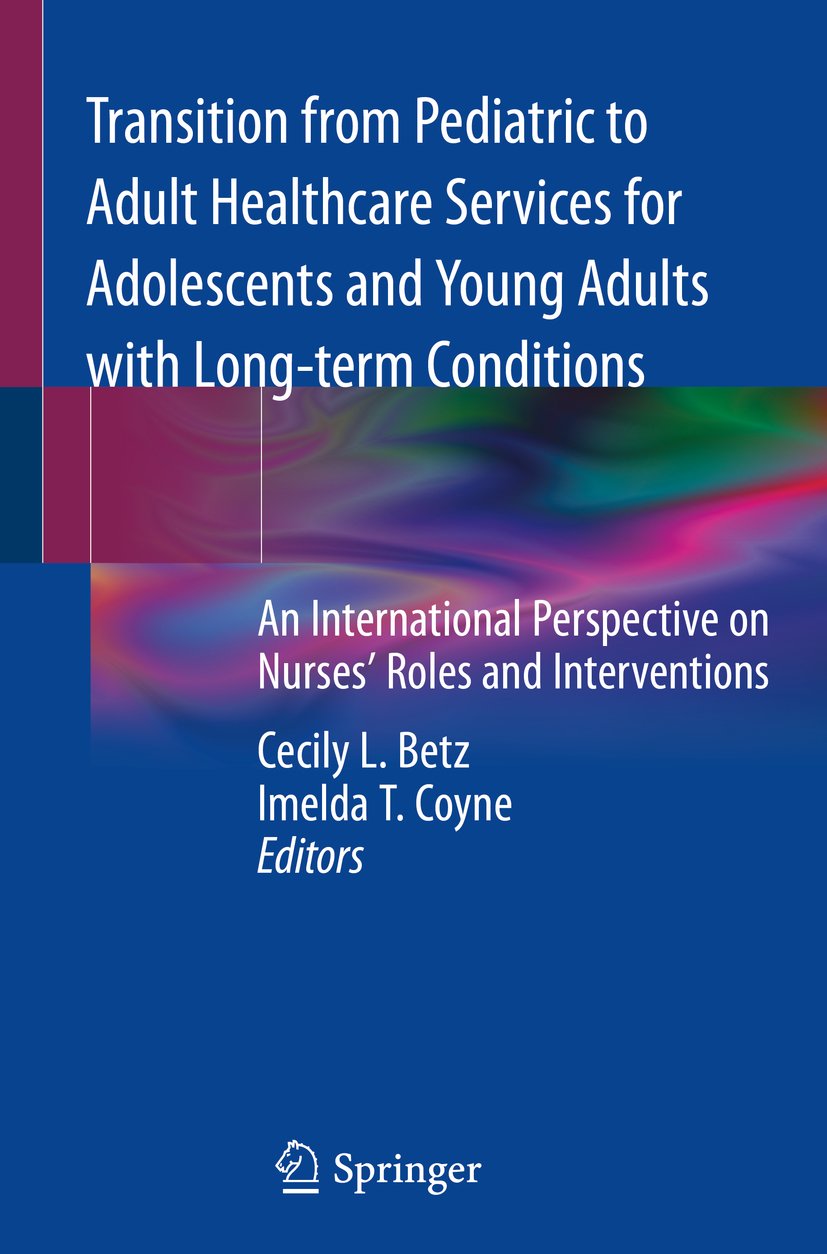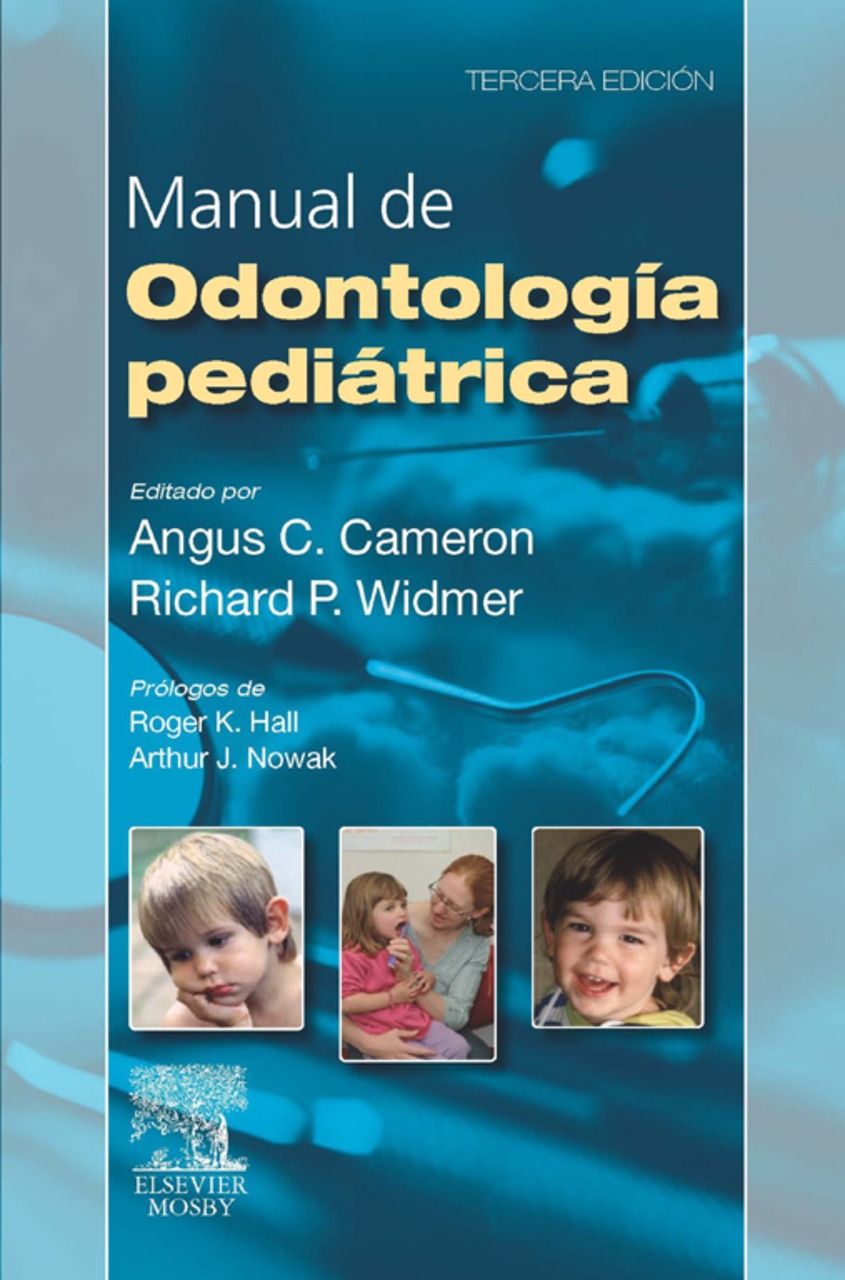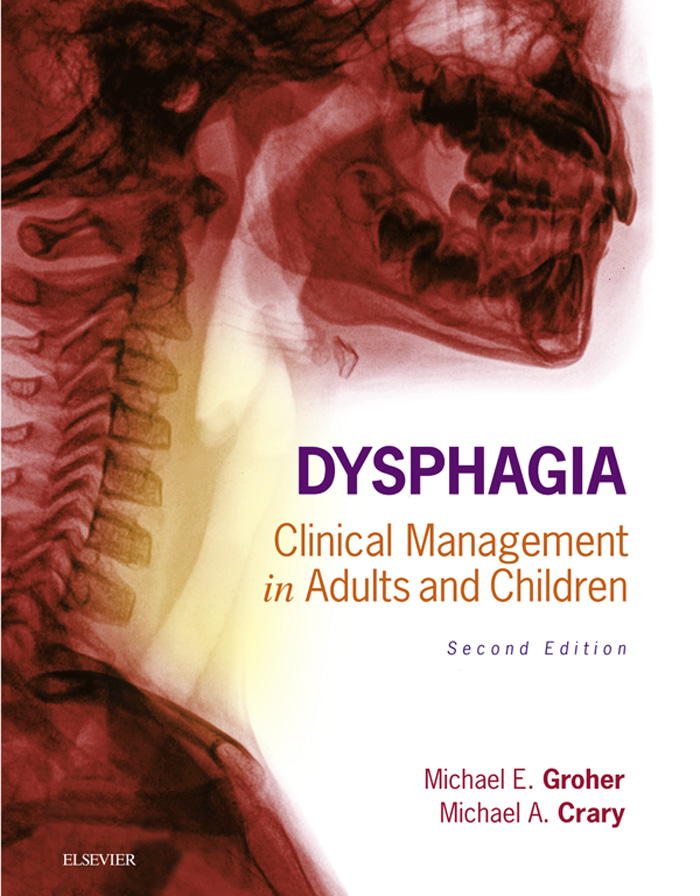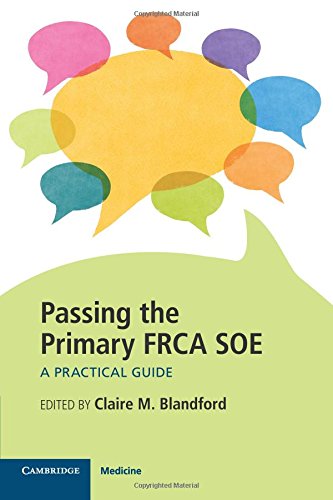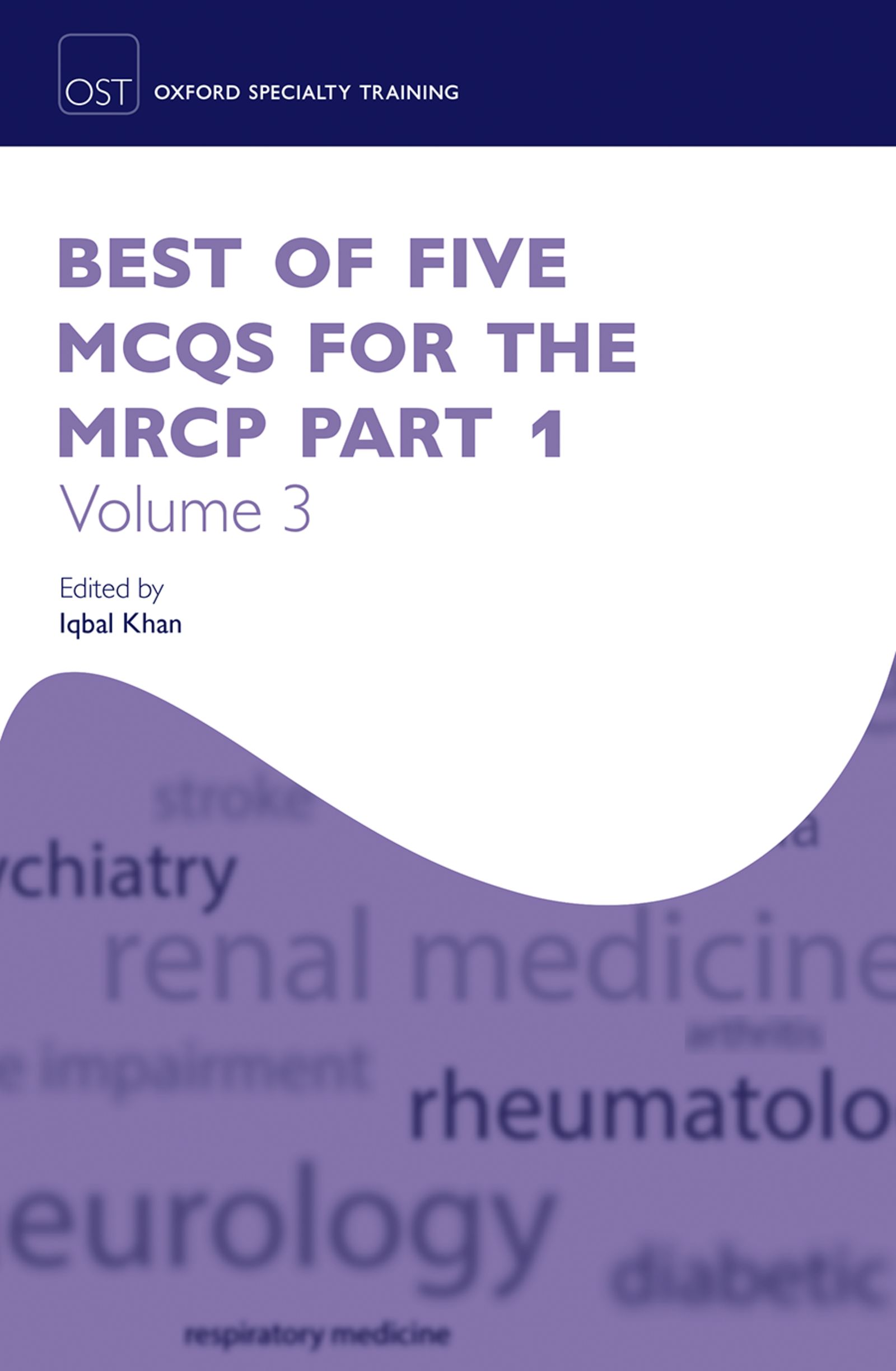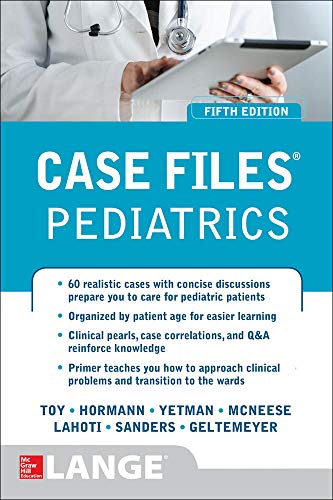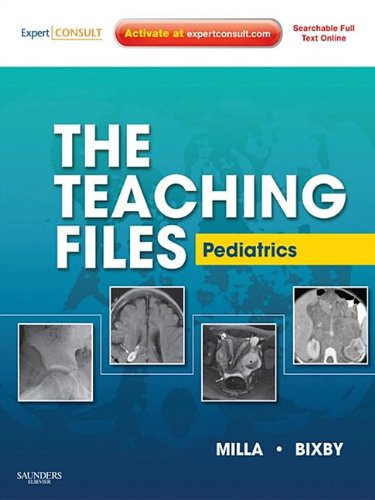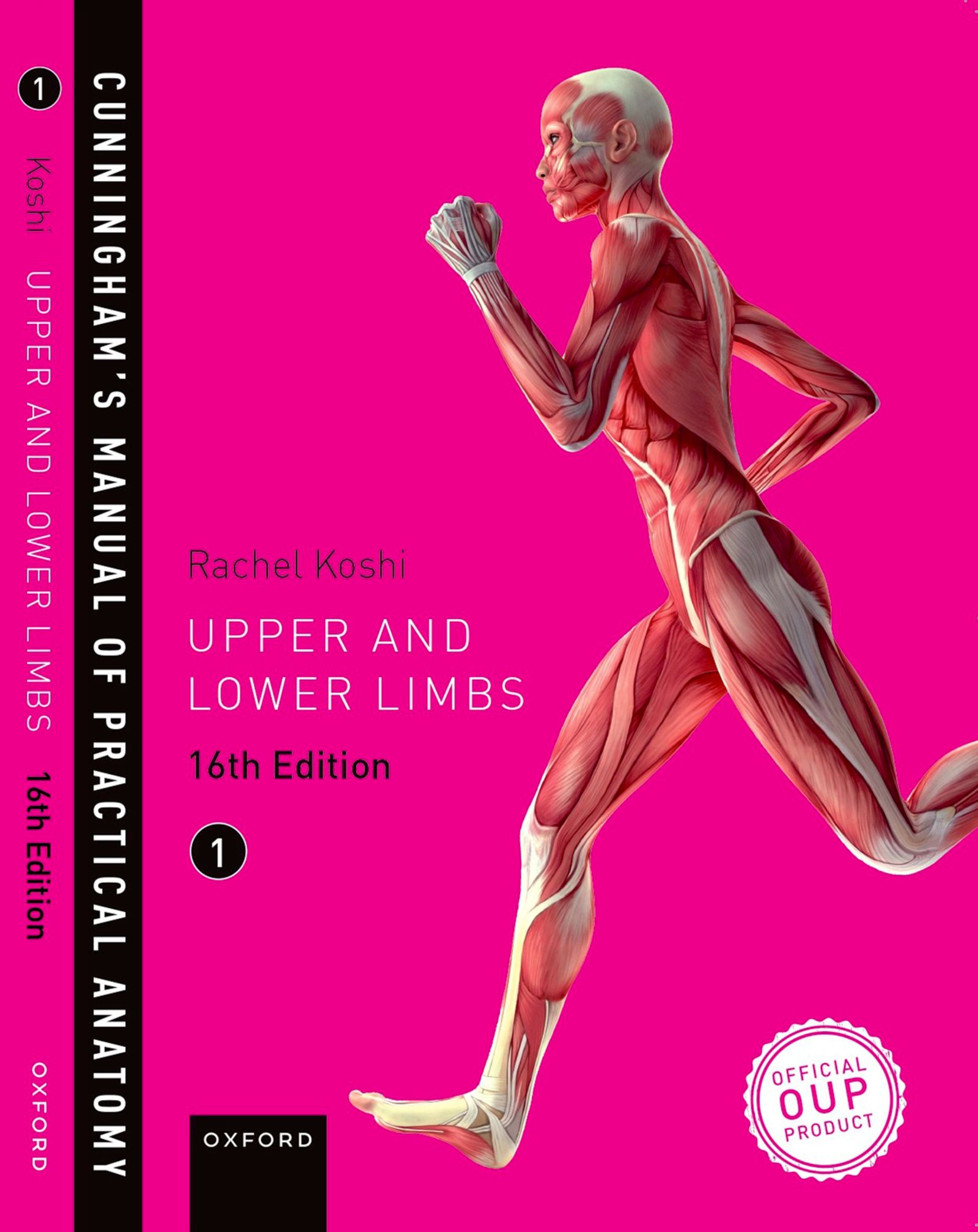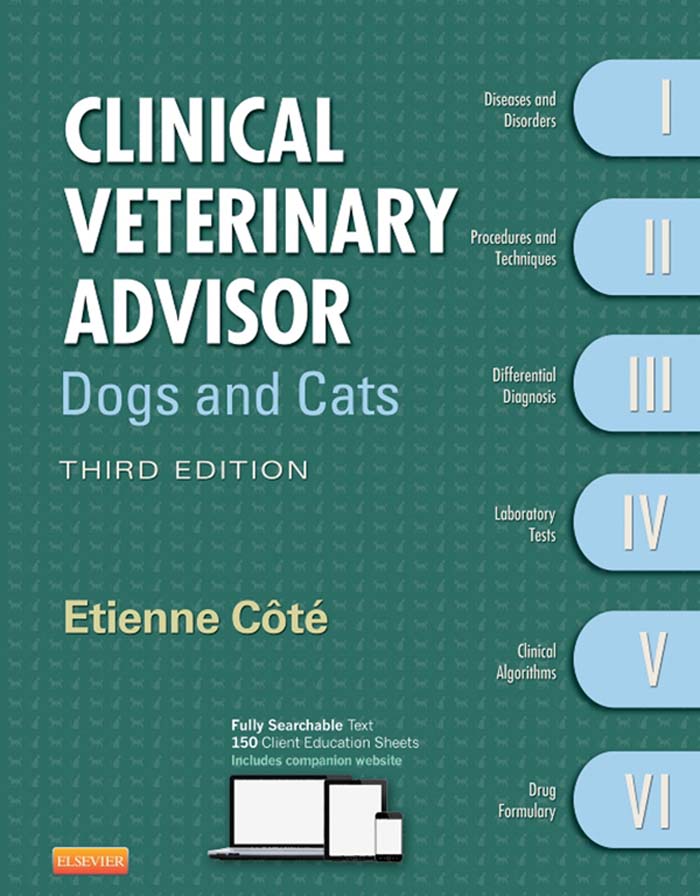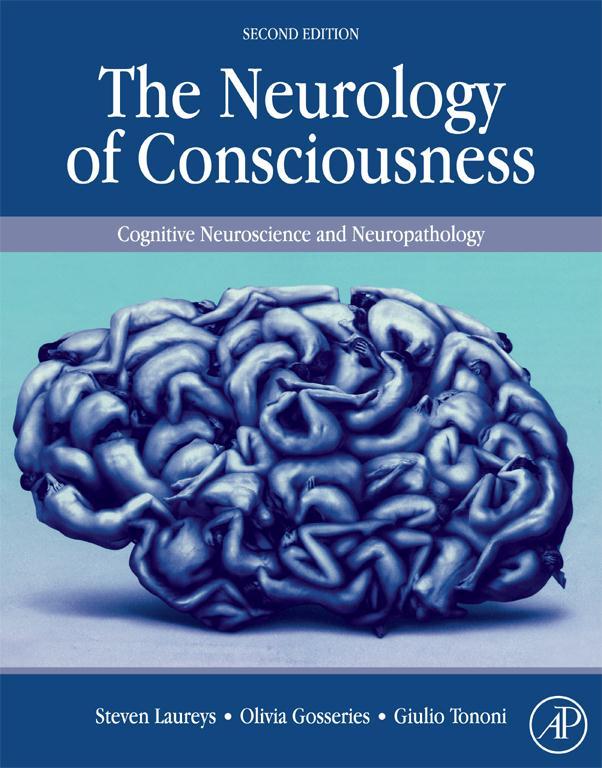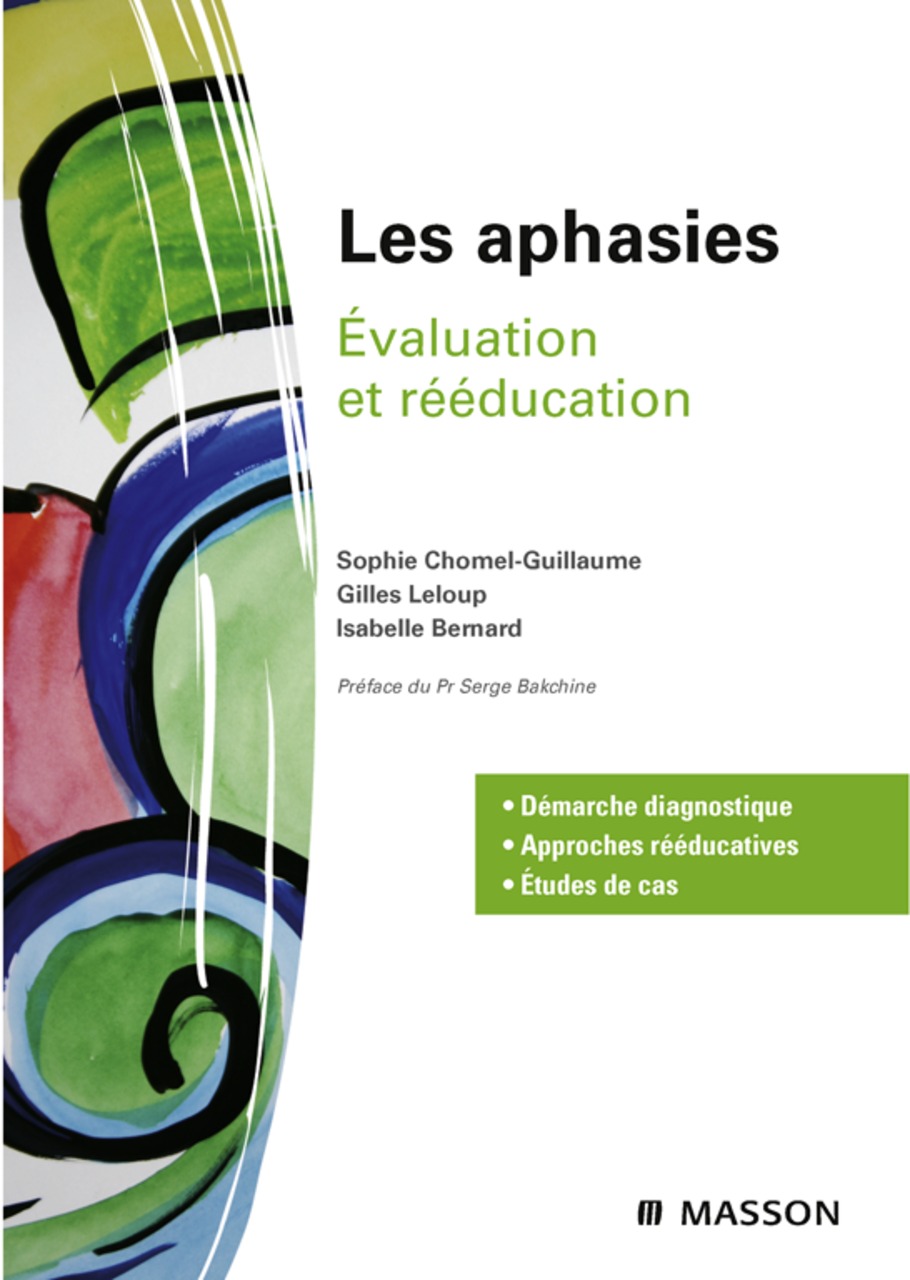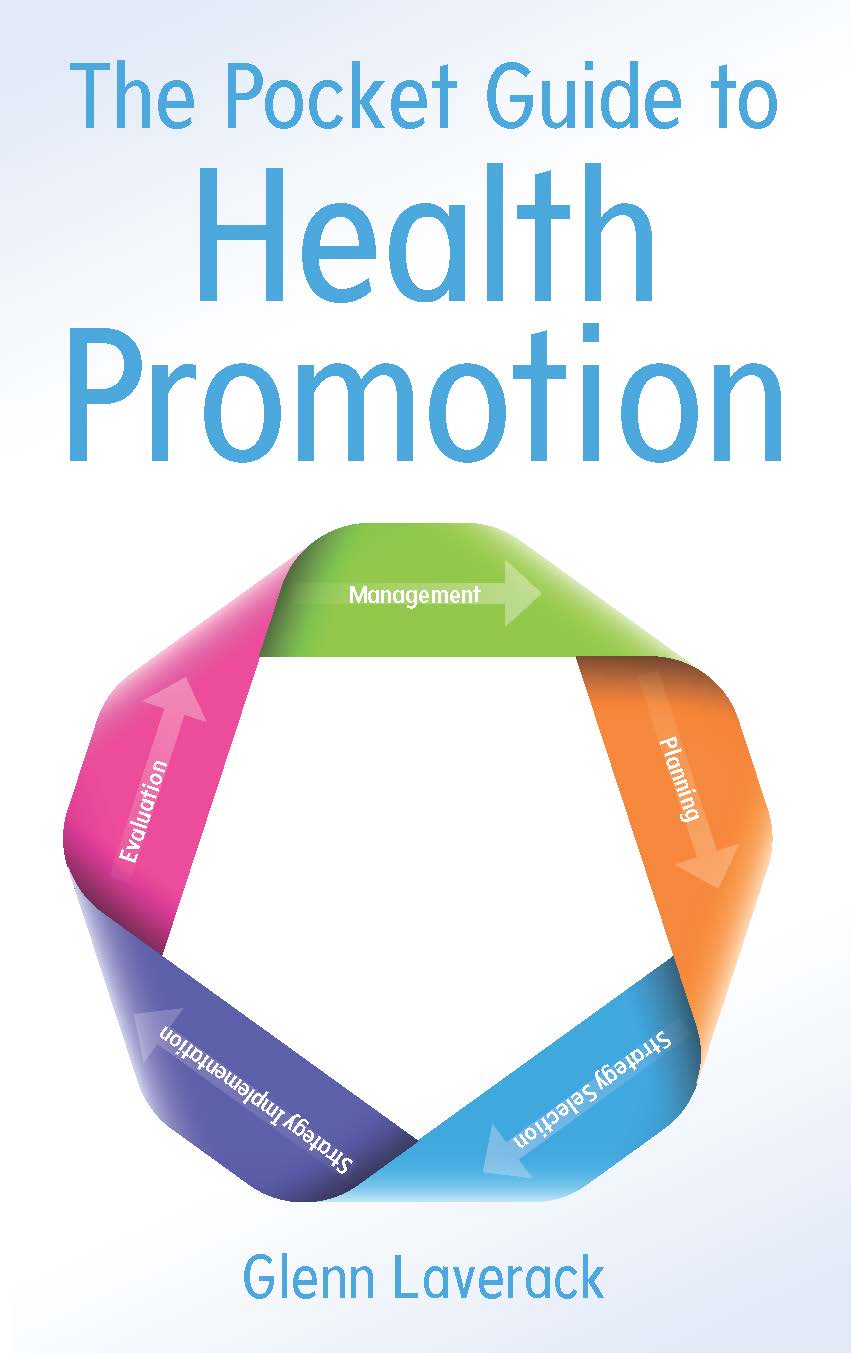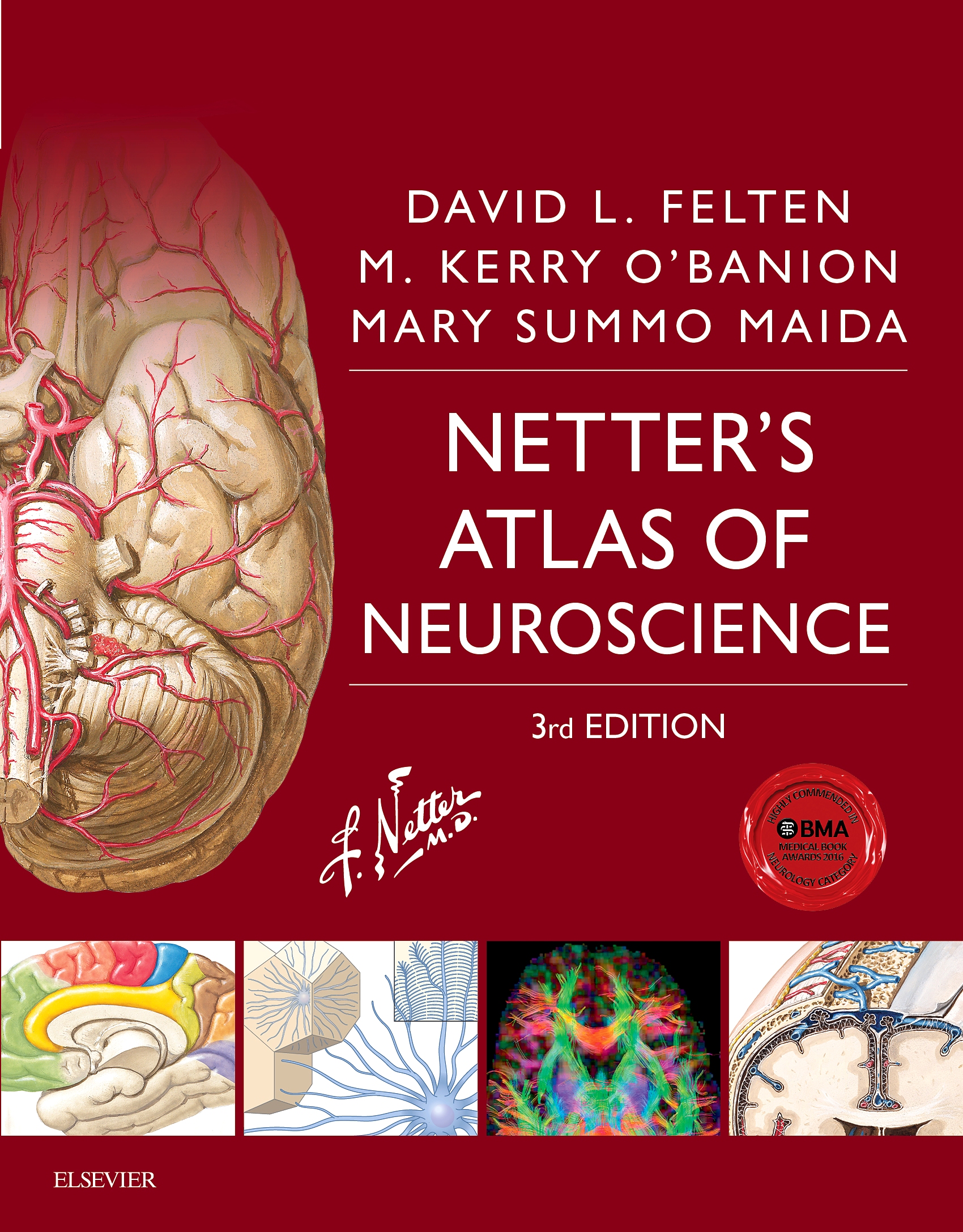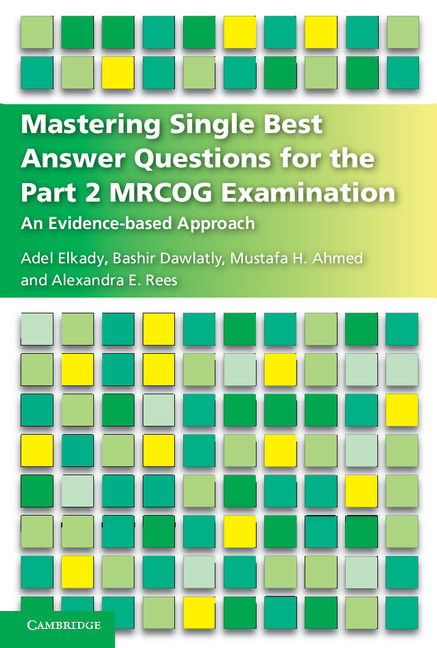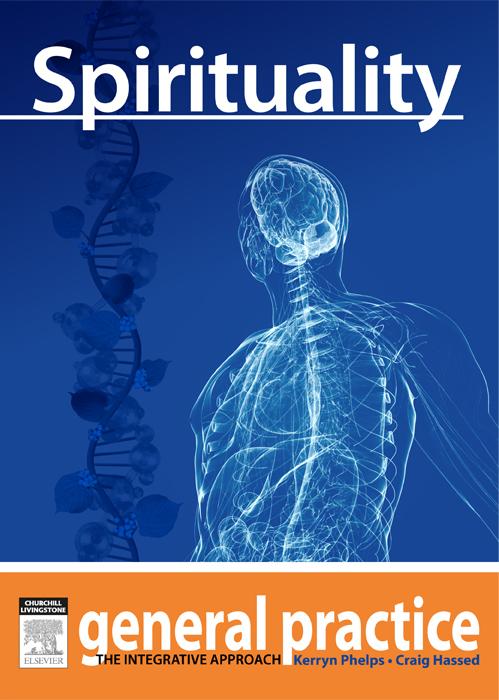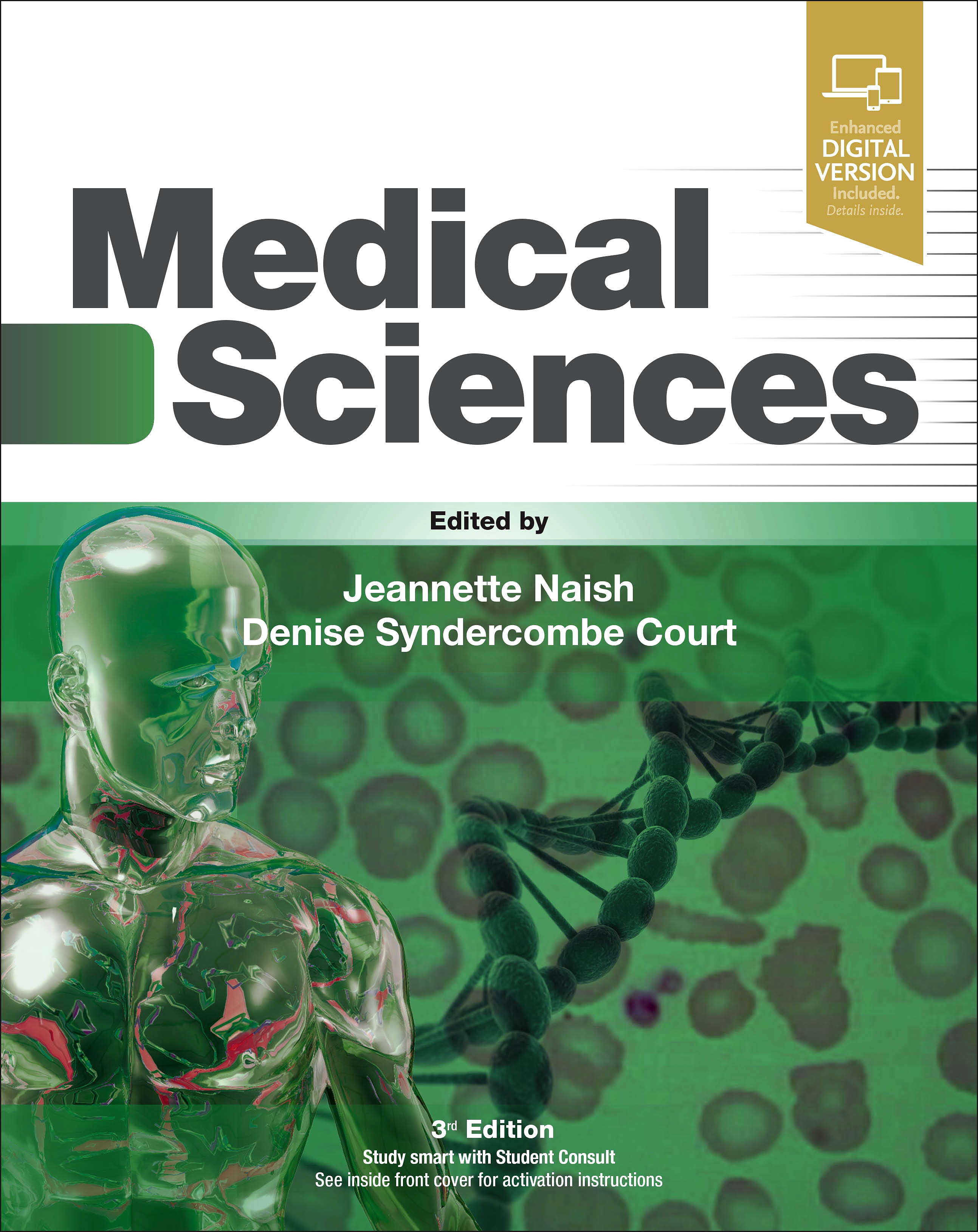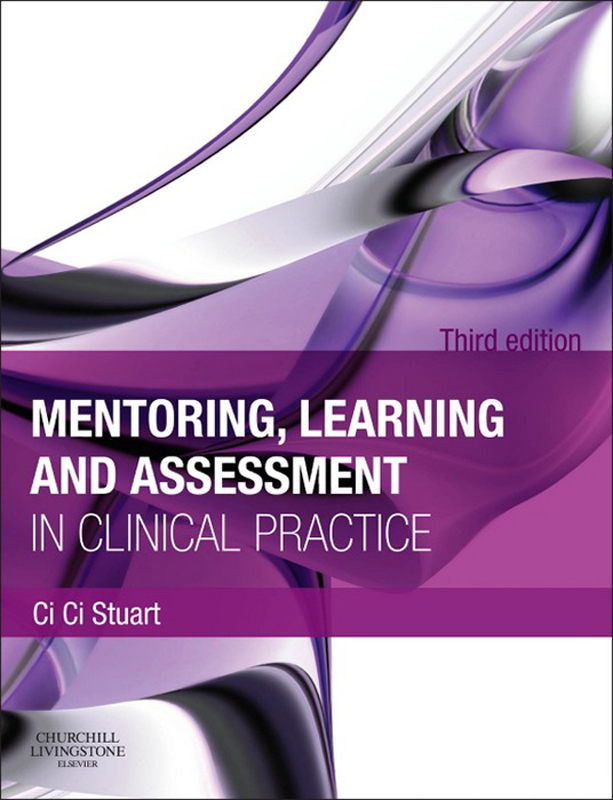Transition from Pediatric to Adult Healthcare Services for Adolescents and Young Adults with Long-term Conditions
by Cecily L. Betz
2020-04-20 07:10:30
Transition from Pediatric to Adult Healthcare Services for Adolescents and Young Adults with Long-term Conditions
by Cecily L. Betz
2020-04-20 07:10:30
This book offers essential information on interventions and actions that enable and promote transition experiences for adolescents and young adults. It provides guidance on appropriate strategies that bring together these groups and caregivers in the...
Read more
This book offers essential information on interventions and actions that enable and promote transition experiences for adolescents and young adults. It provides guidance on appropriate strategies that bring together these groups and caregivers in the context of transition preparation, and those which optimize adolescents’ and young adults’ ability to self-manage their healthcare. The health care transition for adolescents and young adults has gained more attention given the improved survival rates, including for those with long-term conditions. It is now estimated that more than 90% of children diagnosed with a long-term condition will survive into adulthood. The significant change in survival requires concomitant services to facilitate adolescents’ and young adults’ successful transition to adult health care, therefore providers need education, knowledge and skills to support healthcare transition services. A recent US national survey demonstrated only 10% of parents/caregivers reported that their children received transition preparation services. This book is targeted at nurses and pediatric and adult health care providers of different disciplines seeking guidance on which interventions are available, how they can be used, advantages and challenges, and how best to promote a seamless transition for all adolescents and young adults with long-term conditions. It provides several examples of transition programmes and initiatives worldwide. There is an increasing focus on how nurses can support transition but little guidance on what is effective and what has been tried. This book will fill a gap by addressing all of these issues outlined above and by providing worked examples from leading nurse researchers and academics worldwide.
Less


